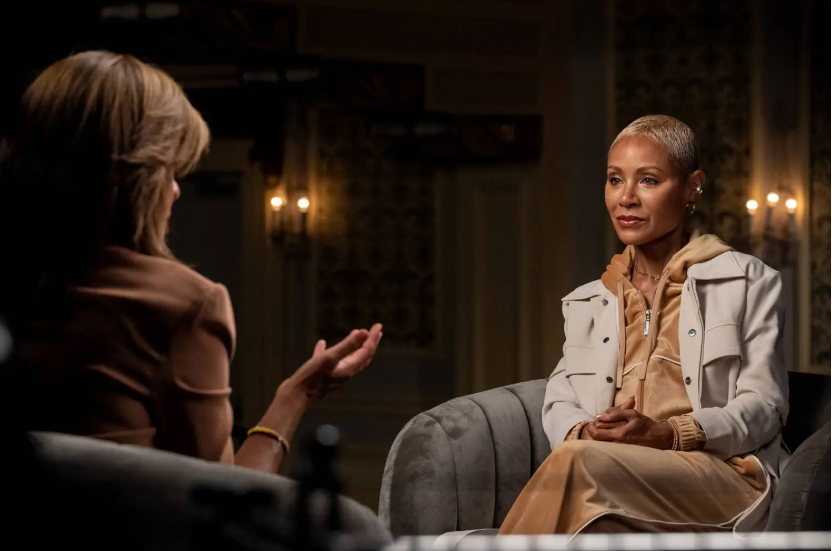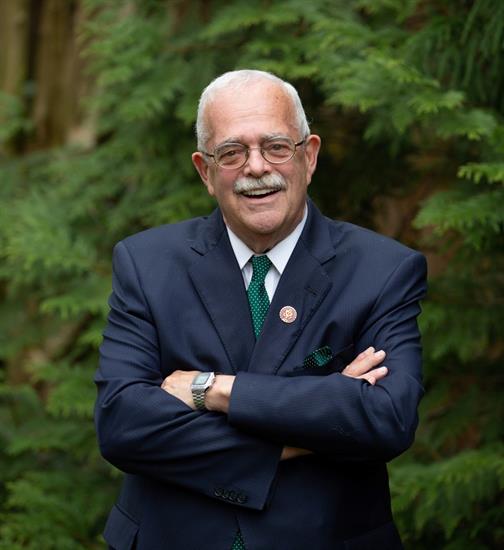Jada Pinkett-Smith’s Tell-All Book Sparks Vital Conversations About Healthy vs. Toxic Relationships
In a world inundated with sensational stories and shocking revelations, Jada Pinkett-Smith’s recent tell-all book has once again reminded us that beneath the glitz and glamour of Hollywood, real-life relationships are often complex, multifaceted, and deeply personal. Regardless of where one stands on the issues raised in her book, it’s undeniable that this candid memoir has ignited conversations about what constitutes a healthy versus a toxic relationship. As we observe Domestic Violence Awareness Month this October, it’s essential to consider the crucial elements that define these two extremes and provide resources for those who may need help.
Jada Pinkett-Smith, a prominent figure in the entertainment industry, has shared intimate details of her own journey in her tell-all book, shedding light on the trials and tribulations of her marriage to actor Will Smith. While some applaud her courage for opening up about personal matters that many prefer to keep hidden, others question the wisdom of revealing such private experiences in a public forum. In the end, what this book undeniably has achieved is to make us ponder the nature of relationships.
A healthy relationship is characterized by several key factors, including mutual respect, open communication, trust, and emotional support. It’s about giving and receiving love without compromising one’s individuality. In a healthy relationship, both partners feel valued and appreciated, and they can navigate challenges together without resorting to emotional or physical abuse. This understanding of a healthy relationship is at the forefront of our discussions during Domestic Violence Awareness Month.
Conversely, toxic relationships are marked by control, manipulation, and abuse in various forms. Emotional, psychological, and physical abuse can all be part of a toxic relationship, and these dynamics can have a profound and lasting impact on the victim’s well-being. It is important to recognize the signs of a toxic relationship and take steps to seek help or support if you find yourself in one.
As we reflect on Domestic Violence Awareness Month, we must remember that abuse can happen to anyone regardless of age, gender, or social status. If you or someone you know is in an abusive relationship, there are resources available to help. National organizations like the National Domestic Violence Hotline (1-800-799-SAFE) and local support centers offer assistance and guidance to those in need. Remember that seeking help is a sign of strength, and there is no shame in reaching out to ensure your safety and well-being.
Jada Pinkett-Smith’s tell-all book has undoubtedly served as a catalyst for discussions about relationships and has prompted us to reevaluate what we consider acceptable in our own lives. This Domestic Violence Awareness Month, let us not only scrutinize our personal relationships but also extend our support to those who may be trapped in abusive situations. Healthy relationships should be the norm, and toxic ones should be recognized and addressed. It’s time to foster a society where everyone can experience love, respect, and support within their relationships, free from the shadow of abuse.
For local Domestic Violence Assistance contact ACTS Prince William County
Phone Call Appointments – Call (703) 221-4460
Domestic Violence Hotline 24/7 support (703) 221-4951



